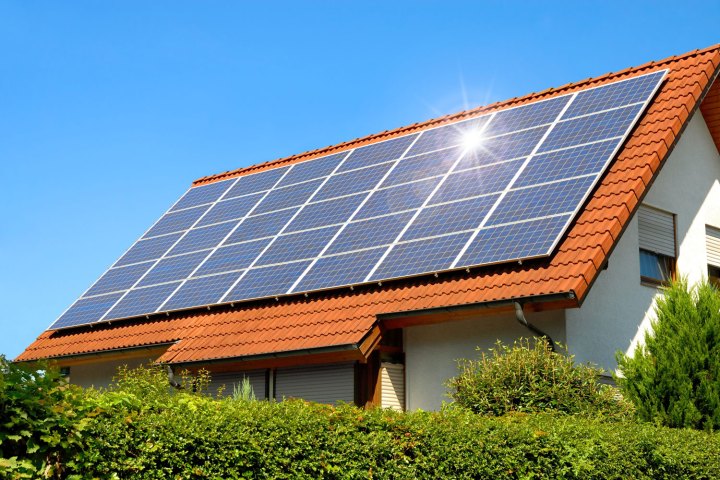
The firm’s solar business, which was first launched over two decades ago in 1995, has expanded significantly since its early days as demand for solar energy has grown. And now, in order to fulfill the burgeoning need for fossil fuel alternatives, LG seems prepared to go the distance.
“As a result of this investment, LG’s solar power business will be in a much stronger position to be a dynamic engine for growth moving forward,” said Sang-Bong Lee, LG president and head of its Energy Business Center and B2B Office. “LG has been actively involved in the solar energy business for two decades and we believe that mainstream consumers are more than ready to give solar more serious consideration.”
LG is far from the only company looking to divest from nonrenewable sources. Back in October, Apple launched two programs that the company promised would “avoid over 20 million metric tons of greenhouse gas pollution in the country between [2015] and 2020,” and late last year, Google announced plans to power 100 percent of operations with renewable energy by 2025. Indeed, tech companies across the board have committed to reducing their carbon footprint by way of various strategies, and LG’s influx of new solar panels will certainly aid in the cause.


